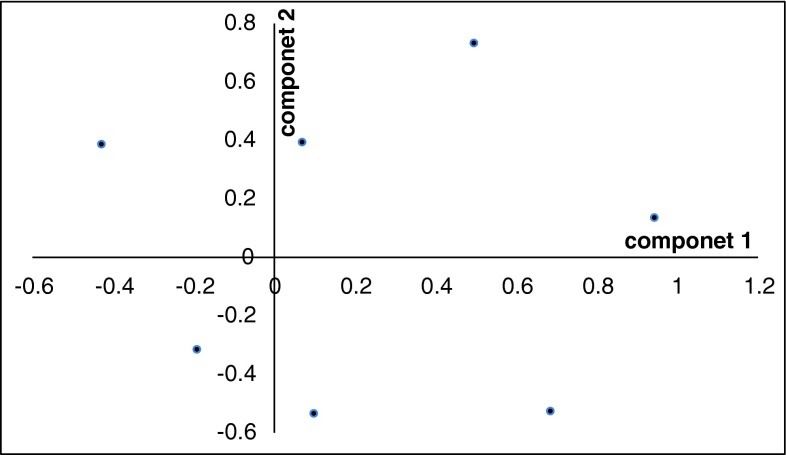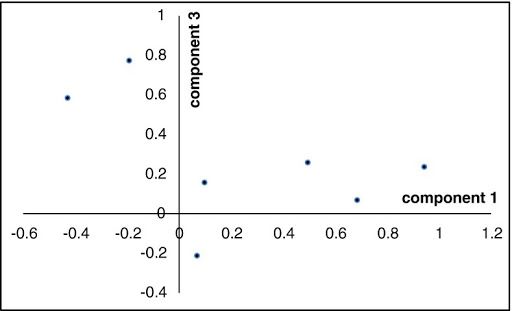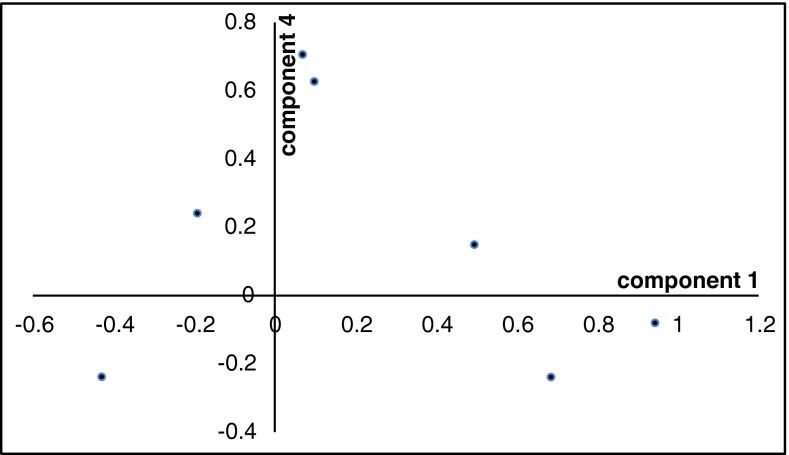Team
Prof. (Dr.) Babita Panda
MBBS, MD (Gynaec)
Specialisations- Infertility

Thereafter she underwent training in
- Infertility & IVF from Christian Medical College (Vellore, Tamil Nadu)
- Advanced Laparoscopy from Dr PG Paul Institute (Kochi, Kerala)
- Ultrasonography from Dr S. Suresh “Mediscan” (Chennai, Tamil Nadu).
She has several publications to her name, in national and international indexed journals of repute. Her clinical experience includes more than 7000 IUI cycles and 2500 IVF cycles.
Dr Babita was prof & head of ivf unit at sum hospital also instrumental in introducing the IVF unit at the Institute of Medical Sciences & SUM Hospital in Orissa.
One of the finest infertility specialists in the city, Dr Babita Panda, has the unique advantage of being a doctor, and she uses it to help unfortunate couples conceive and live a happier life. Her approach to patient care is impeccable and brings a sense of reliability and trust to the patients.
Education
- MBBS from SCB Medical College, Cuttack
- MD (Gynaecology) from SCB Medical College, Cuttack in 1999
- Training in Infertility & IVF from Christian Medical College (Vellore, Tamil Nadu)
- Training in Advanced Laparoscopy from Dr PG Paul Institute (Kochi, Kerala)
- Training in Ultrasonography from Dr S. Suresh “Mediscan” (Chennai, Tamil Nadu).
Experience
- Chief Infertility & IVF Consultant of Future Fertility IVF, Bhubaneswar.
- A former consultant at the Reproductive Medicine Unit (IVF Centre) of Christian Medical College & Hospital, Vellore.
- More than 7000 IUI cycles and 2500 IVF cycles
- Former prof & head of ivf unit at sum
- Life Member, Indian Society for Assisted Reproduction (ISAR).
- Life Member, Federation of Obstetric and Gynaecological Societies of India (FOGSI).
- Young Scientist of the Year Award. Federation of Obstetric and Gynaecological Societies of India- 1998
- Winner. All India Perinatology Quiz, Jamshedpur- 1998
Research
Publications
- ARTICLE
Click here to read more
ABSTRACT
Success in pregnancy of a 42-years old woman with a history of unexplained recurrent miscarriages is described. She had a sub-septate uterus with free spillage bilaterally, based on hysterosalpingogram, and it was corrected by hysteroscopy in October 2009, which was followed by transcervical septal resection (TCRS). Clomiphene citrate was given ovulation. She was treated with folic acid supplementation, aspirin 75 mg, micronised progesterone 400 mg/d, and low molecular heparin 2500 IU/d, from the diagnosis of pregnancy at five weeks, until the delivery. However, at 28 weeks glucose tolerance test with 100 g glucose revealed mild derangement in first (159 mg/dL) and second (164 mg/dL) hour values; metformin was given for the control of sugar. Heparin injections were given to the patient continuously during the antenatal period. No major bleeding episode was noted during pregnancy or delivery. A male child weighing 3.2 kg with a good APGAR score was delivered at the end of the term. Both anatomical abnormality and advanced maternal age had a determinative role in pregnancy loss, but TCRS and antithrombotic heparin and aspirin treatment had the blithesome effect.
- ARTICLE
Click here to read more
ABSTRACT
Objective: The aim of this article was to determine digital levels of the association of factors of pregnancy success after the first cycle of intrauterine insemination (IUI) with 300 infertile couples.
Methods: The IUI procedure was followed at 36 h after triggering the ovulation if at least one follicle measured >15 mm. Endometrium thickness (ET) and serum luteinising hormone (LH) levels were measured at day 10 for each patient. The post-wash total motile fraction (TMF) of semen of the partner of each patient was also evaluated. The principal component analysis (PCA) was done with the data to quantify the associations of related factors.
Results: The clinical pregnancy rate of the first cycle IUI attempts was 17.3 %, observed in females, aged 20-39 years and men with TMF >5 million spermatozoa. The ovarian stimulation enabled the development of follicles measuring >16 mm, with LH levels <10 miu/l=”” and=”” et=”” data-editable=”” data-style=”” data-type=”10″>5 mm for success. The PCA revealed that with the female-age parameter, three factors, NF, ET, and LH were related in component 1; similarly, NF, LH, and RFS were related in component 2; age, NF, ET, LH, LFS, and TMF were related in component 3; and NF, ET, LH, RFS, and LFS in component 4 were related, i.e., the best correlation. Conclusions: Associated principal determinative factors, LH, female-age, NF and LFS values were highly significant, but the factors, ET, RFS and TMF were statistically insignificant for success through IUI in pregnancy.
Keywords: Endometrium thickness; Fallopian tube; Intrauterine insemination; Luteinising hormone; Number of follicles; Total motile fraction of semen.



- ARTICLE
- ARTICLE
Hormone replacement therapy. Babita Panda, SK Mahapatra. Orissa Medical Journal. 2010; Vol. 30, No. 1.
- ARTICLE


